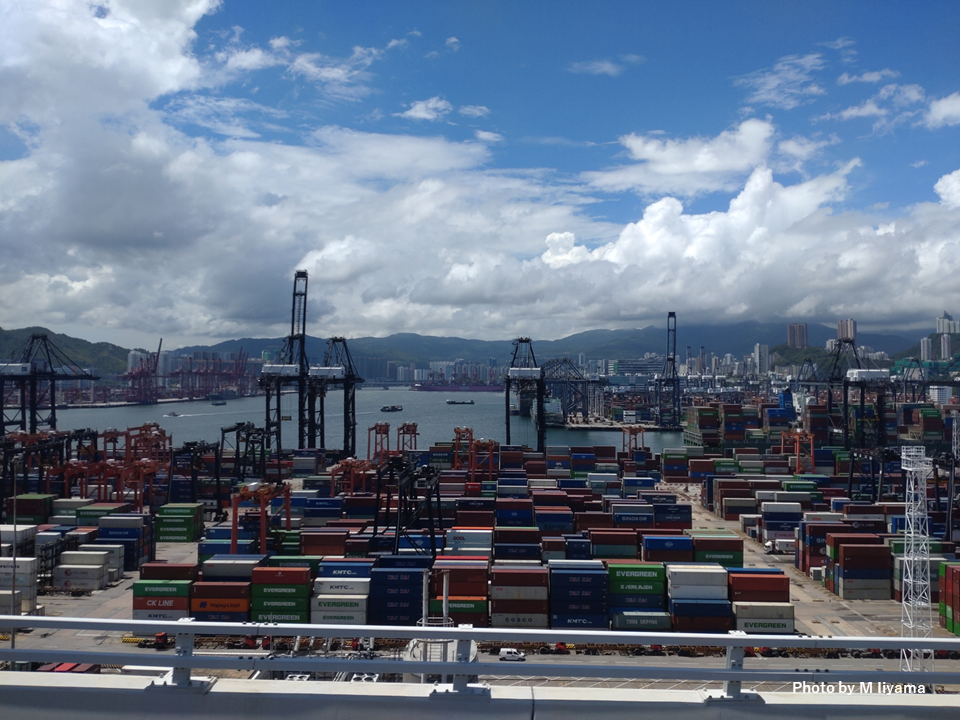Pick Up
965. Red Sea, Black Sea and Panama Canal - Uncertainties Surrounding the Achilles Heel of the Global Trade Supply Chain

965. Red Sea, Black Sea and Panama Canal - Uncertainties Surrounding the Achilles Heel of the Global Trade Supply Chain
The United Nations Conference on Trade and Development (UNCTAD) has expressed concern that the combined crises of attacks on shipping in the Red Sea since last year, geopolitical tensions affecting shipping in the Black Sea, and the impact of climate change on the Panama Canal could escalate disruptions to the global trade supply chain.
It is estimated that 80% of the world's logistics moves by sea. Attacks on ships by the Houthi militia against transport vessels bound for the Suez Canal have disrupted shipping routes and heightened geopolitical tensions. According to UNCTAD, the Red Sea is estimated to account for 12-15% of global trade by 2023, but cargo through the Suez Canal has dropped 42% in the past two months. With the Suez Canal closed, traffic between Asia and Europe will have to be rerouted, significantly increasing transportation time and cost.
The situation in Ukraine and the Black Sea, where tensions continue to rise, has already forced major changes in crude oil and grain trade routes. Meanwhile, the Panama Canal, one of the arteries of global trade, is also facing a severe drought, with water levels dropping significantly and trade volumes down 36% from a year ago. There is growing concern about the long-term effects of climate change on the canal and its impact on global trade.
Faced with the crisis in the Red Sea, some major players in the shipping industry have closed their Suez Canal routes, container shipping has dropped by 67%, and tankers and gas carriers have seen a significant drop in traffic. Meanwhile, shipping costs are rising: between the beginning of December and the end of January, the cost of shipping containers between Shanghai and Europe rose 256%, and the cost of shipping from Shanghai to the U.S. West Coast rose 162%, despite not going through the Suez Canal. Insurance premiums have also skyrocketed, driving up transportation costs. In addition, ships bypassing the Suez and Panama canals use more fuel per mile as they speed up to make up for the time it takes to bypass the canals, resulting in higher carbon dioxide emissions and increased concerns about negative environmental impacts.
Although the current cargo day is only half of the peak during the COVID-19 crisis, the time difference is expected to be passed on to consumers in the form of price increases.
The current crisis is also expected to have an impact on world food prices. The disruption of grain shipments from Europe, Russia and Ukraine is a matter of life and death for the food security of developing countries that depend on food imports.
UNCTAD said the crisis has shown that world trade is extremely vulnerable to problems caused by geopolitical tensions and climate change, and called for international cooperation for sustainable solutions, including support for countries vulnerable to shocks.
Contributor: IIYAMA Miyuki (Information Program)
